America's Health Care Spending Grew Slowly Last Year, Federal Auditors Say
The amount of money that American patients, businesses and the government spent on health care last year rose at a nearly historically slow rate, according to new data from federal health authorities.
Total national health care expenditures reached $3.3 trillion in 2016, an increase of 4.3 percent, the independent Office of the Actuary at the federal Centers for Medicare and Medicaid Services reports in an article published in the journal Health Affairs on Wednesday. That increase was lower than forecast.
Health care made up 17.9 percent of the U.S. economy last year, a rise of 0.2 percentage points from 2015, as health care spending growth continued to outpace the growth of the gross domestic product.
Spending rose more slowly in 2016 than during the prior two years, when the Affordable Care Act’s coverage expansion was underway, the uninsured rate was falling to its lowest-ever level and more people were gaining access to medical care.
Those three years followed a six-year period when national health care spending growth plummeted from the double-digit rises common in the past. From 2008 to 2013, it averaged just 3.8 percent.
The slow growth during those years is mostly attributable to the Great Recession of 2007-2009 and the sluggish recovery that followed. People lost their jobs and their health benefits and didn’t use as much health care. In addition, medical prices rose less quickly overall than they had in the past.
Experts disagree about the extent to which cost-containment elements of the Affordable Care Act also contributed to the less-rapid spending growth and about whether larger structural changes are occurring in the health care system that led to less growth. In any case, national health spending is actually trillions of dollars lower than projected before the Affordable Care Act became law.
“Over the last decade, the U.S. has experienced unique events that have affected the health care sector, including the most severe economic recession since the Great Depression, major changes to the health care system because of the ACA, and historic lows in medical price inflation,” Micah Hartman, a statistician in the Office of the Actuary and lead author of the report, said in a press release.
What happens in future years is all but impossible to gauge.
The Office of the Actuary report concludes that, on the nation’s current path with the Affordable Care Act’s coverage expansion having reached its likely peak, the primary influences on health care spending growth will once again be larger economic factors and demographic changes like the aging of the baby boomers. Earlier this year, the actuaries projected that health care spending would increase an average of 5.8 percent a year from 2016 to 2026.
But President Donald Trump and congressional Republicans are chipping away at the Affordable Care Act and its coverage provisions, and they maintain they intend to repeal it entirely. That would result in fewer people with health coverage, which would lead to less use of medical care because people wouldn’t be able to afford treatments and would go without.
Health care has consumed an ever-growing share of the economy and of spending by the government and the private sector for decades. Slower growth is good news, but it’s tempered by another reality:
Patients are paying a larger share of the bill out of pocket than they used to, mostly because of the increasing prevalence of high-deductible health insurance. More workers who get health benefits from their jobs and those who buy policies on the individual market, including the Affordable Care Act exchange marketplaces, now have this type of coverage.
Out-of-pocket spending increased 3.9 percent last year ― the biggest annual growth in nine years, the Office of the Actuary reports.
Overall, last year’s reversal from the bigger increases in total national health care spending in 2014 and 2015 owes partly to the plateauing of enrollment in the Affordable Care Act’s expanded Medicaid program and its subsidized private health insurance through the exchanges.
Other major factors include a slower increase in spending on prescription drugs. In 2014 and 2015, spending spiked in large measure because of the introduction of very expensive medicines to cure hepatitis C. Prices have since come down for those drugs and fewer patients are using them, the actuaries found.
Also on HuffPost
1912
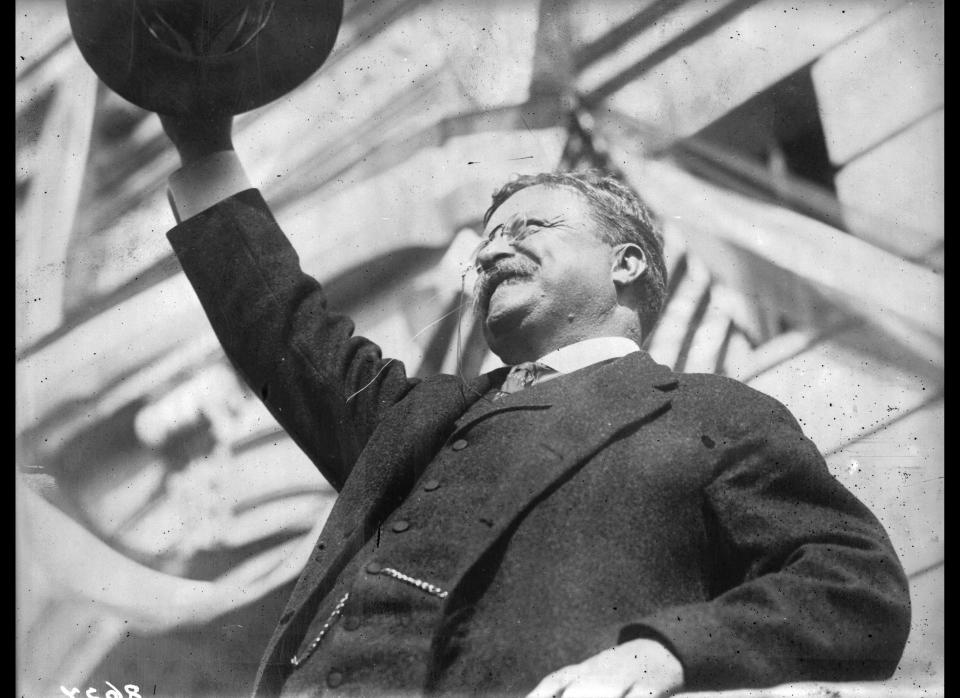
1935
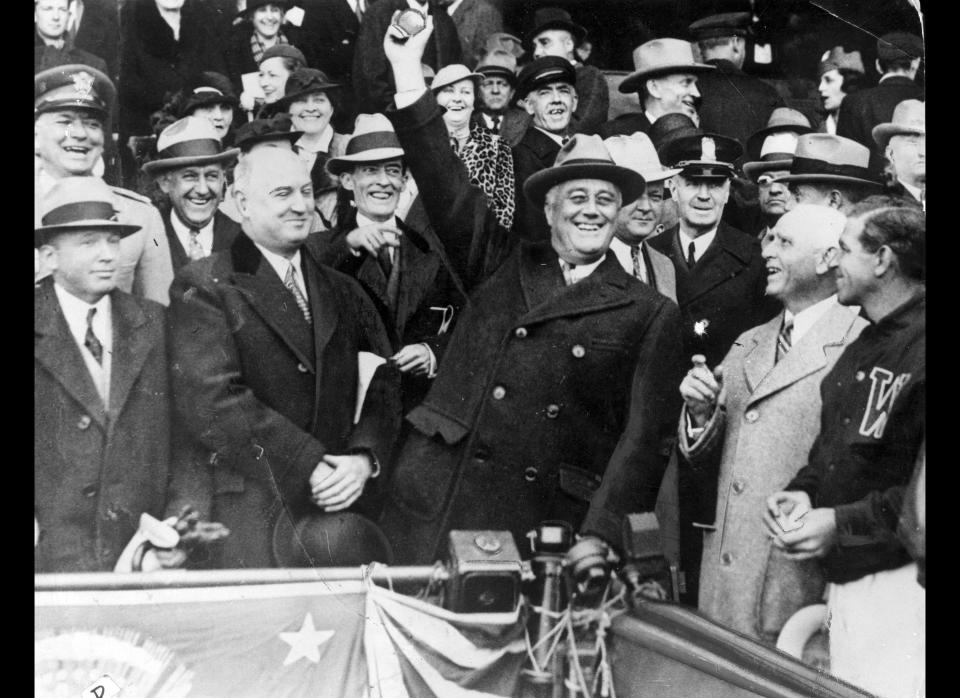
1942
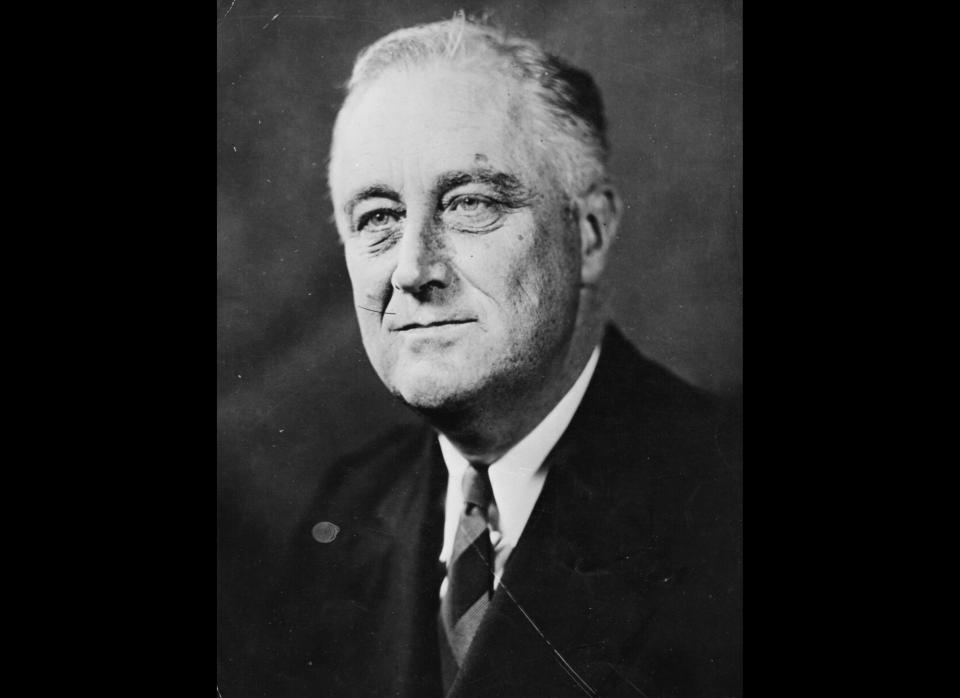
1945
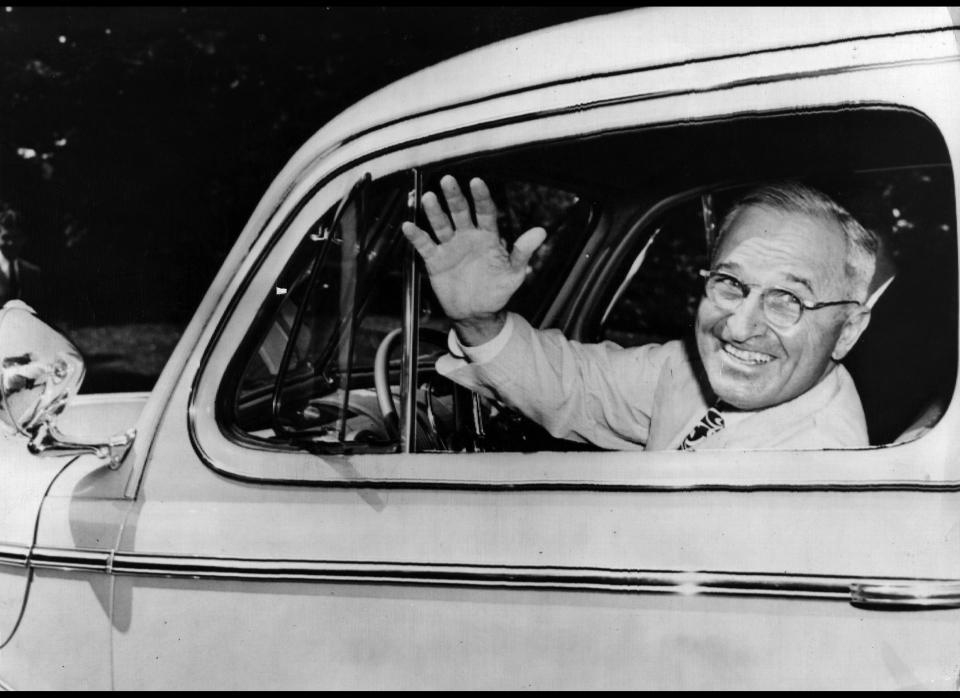
1960
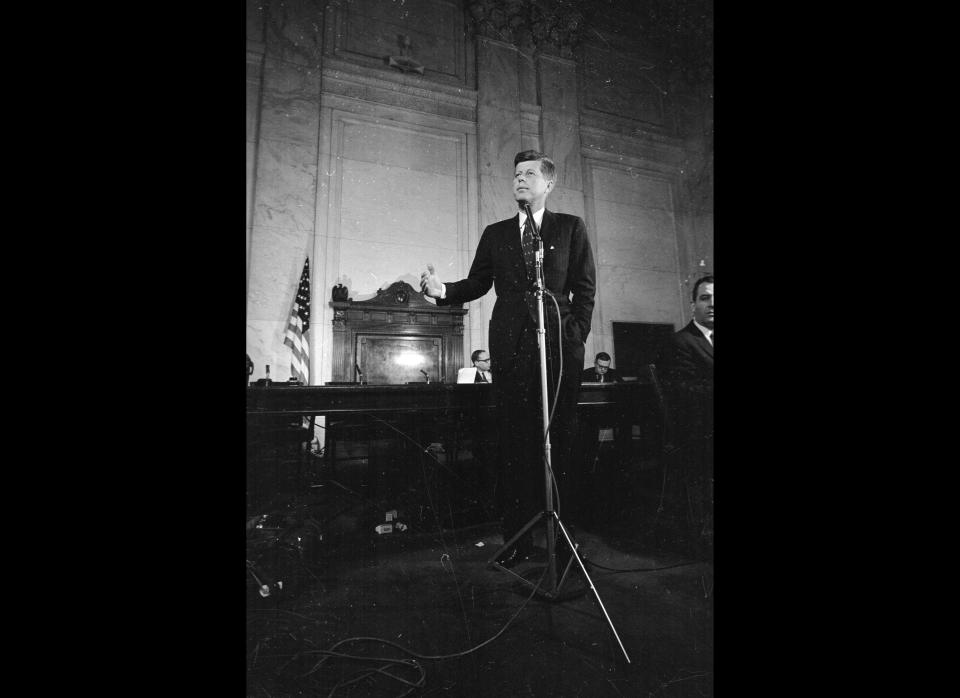
1965
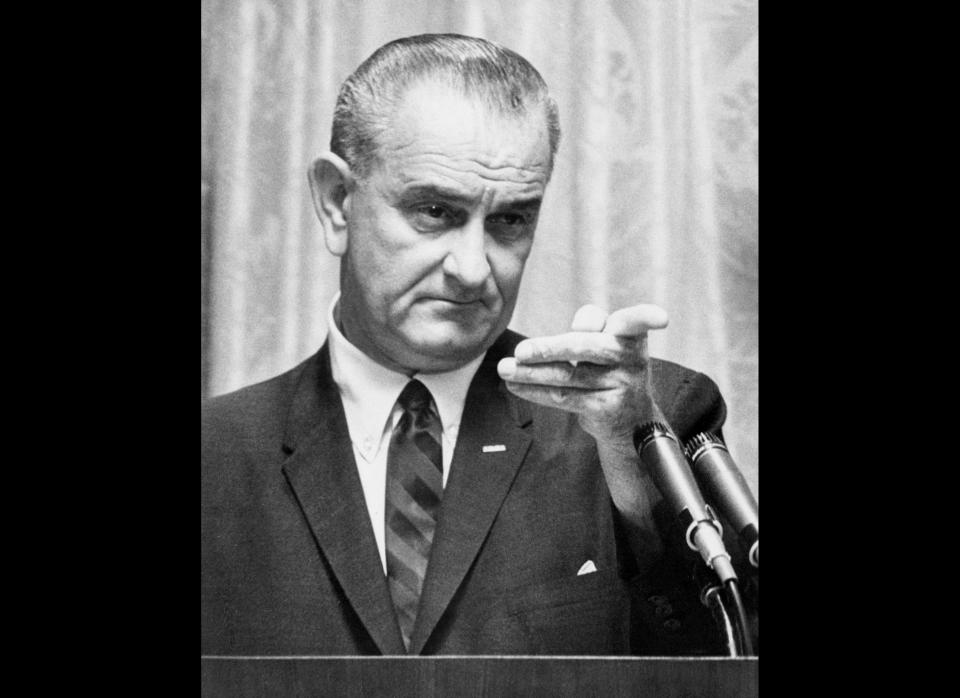
1974
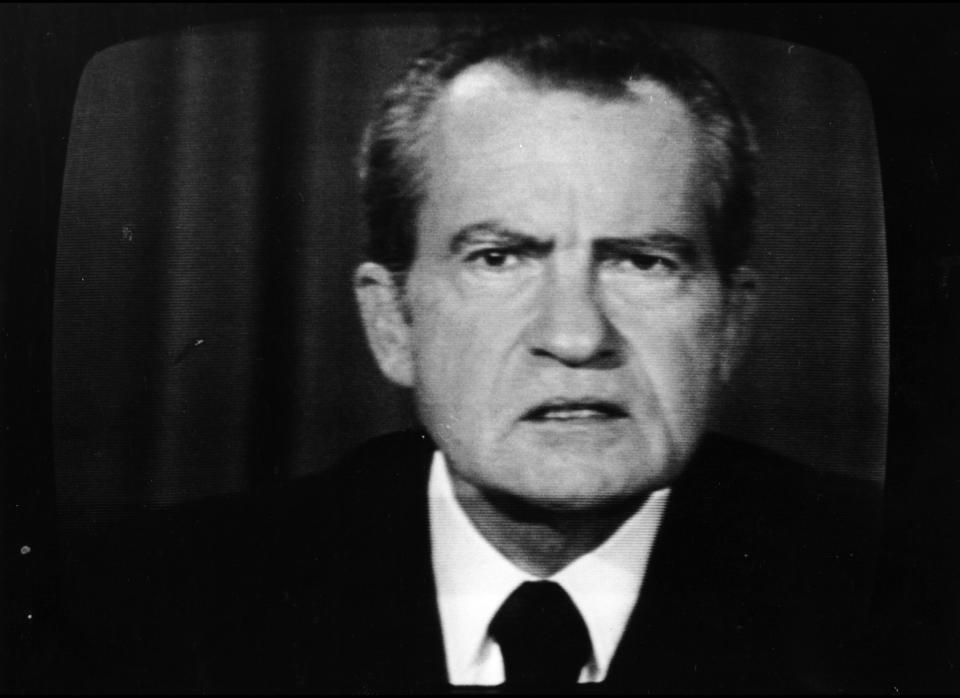
1976
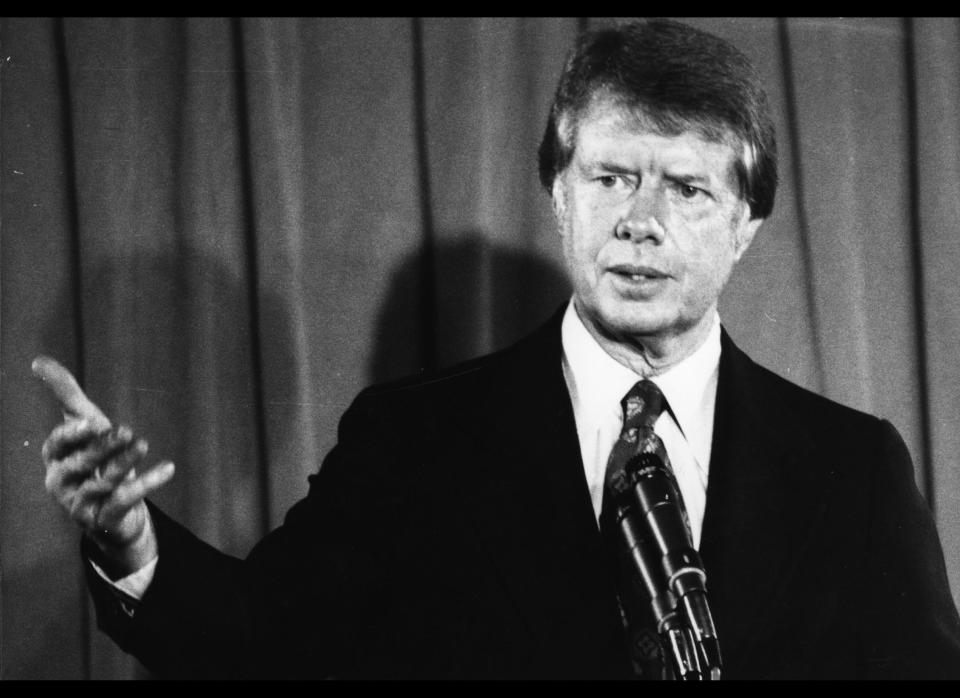
1986
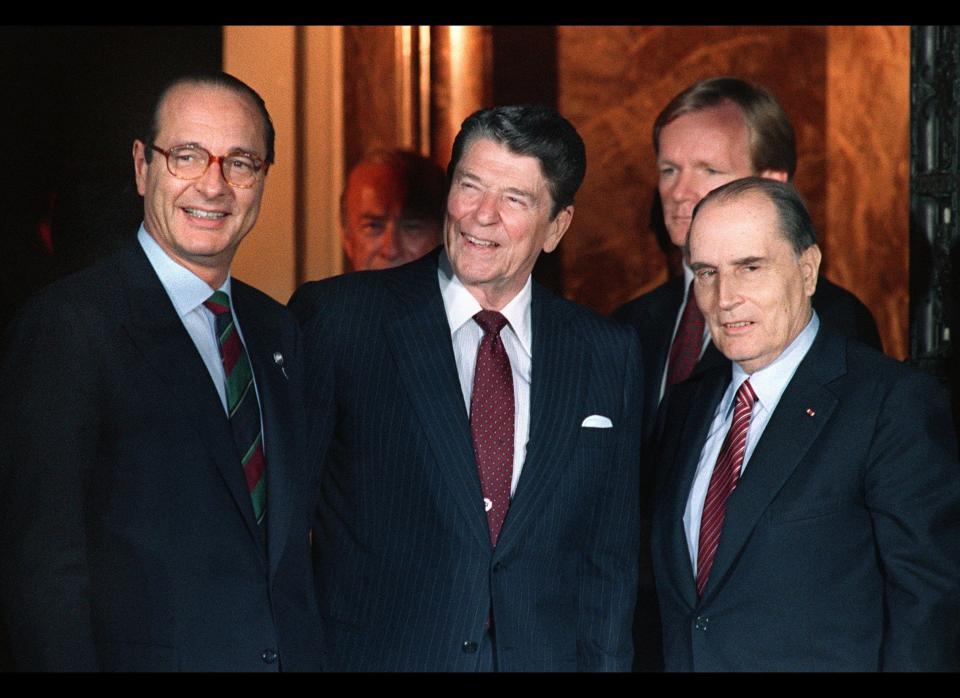
1988
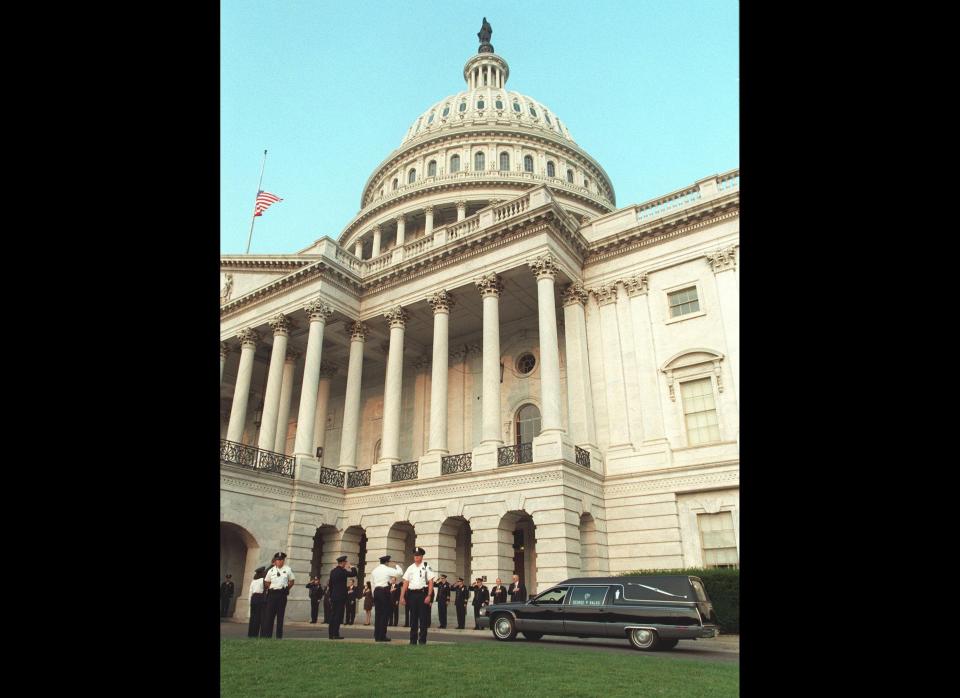
1993
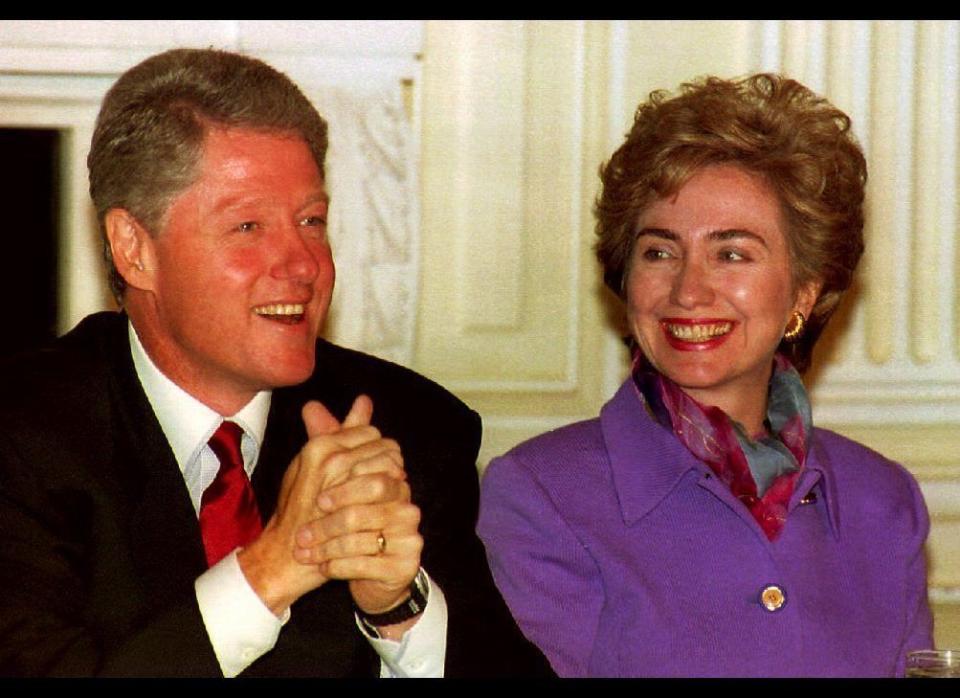
1997
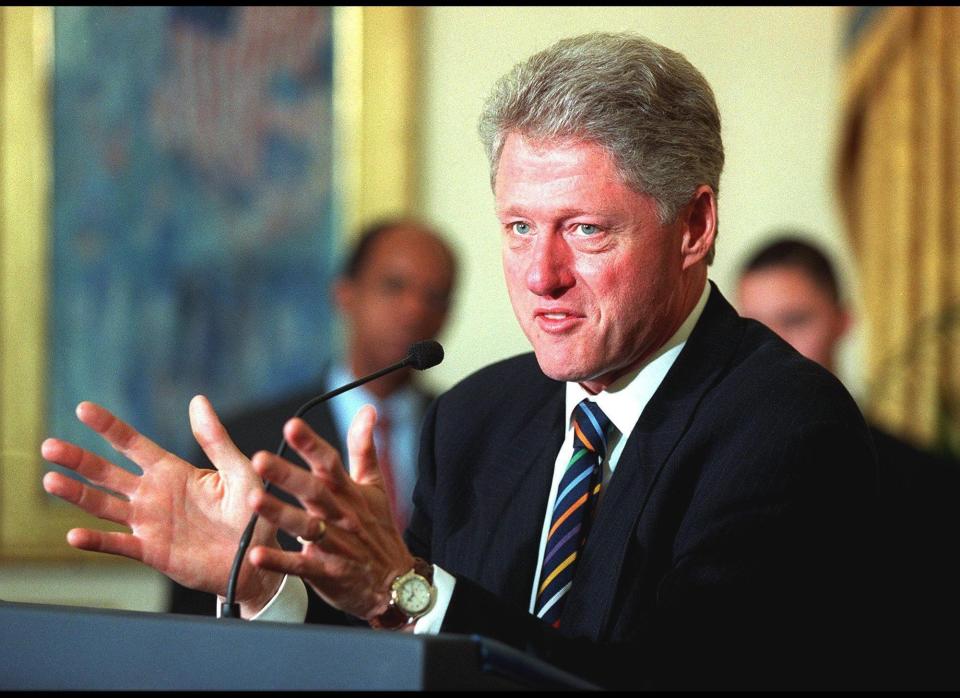
2003
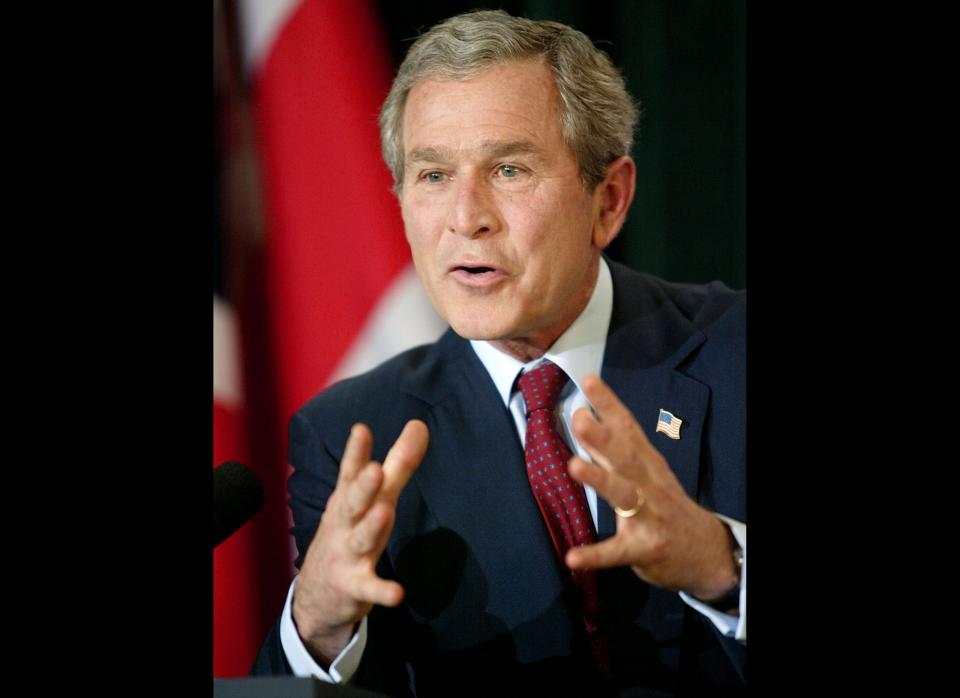
2008
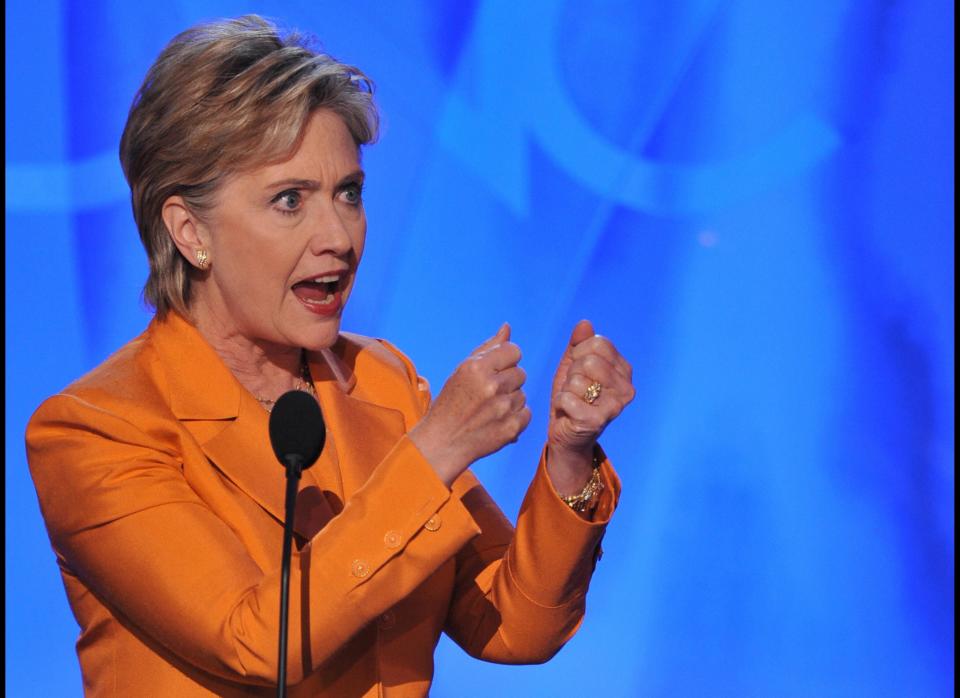
2009
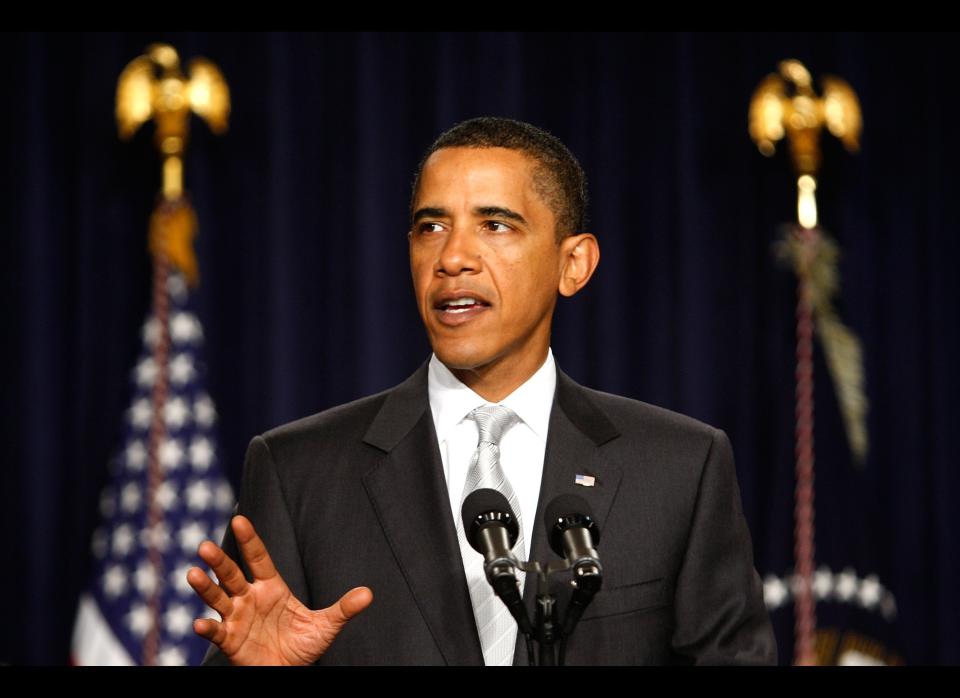
2010
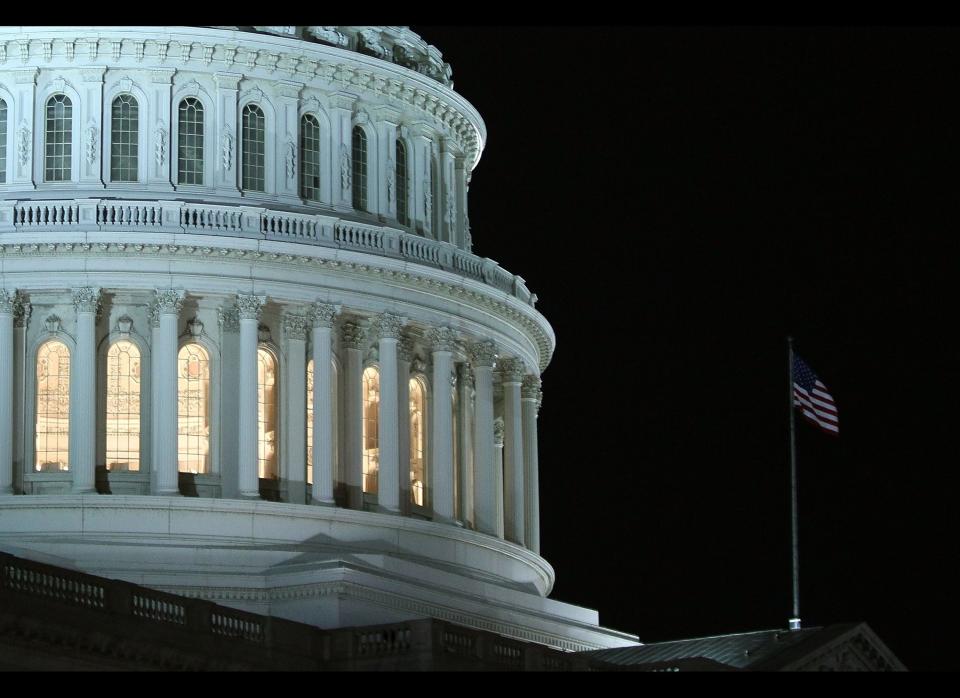
2012
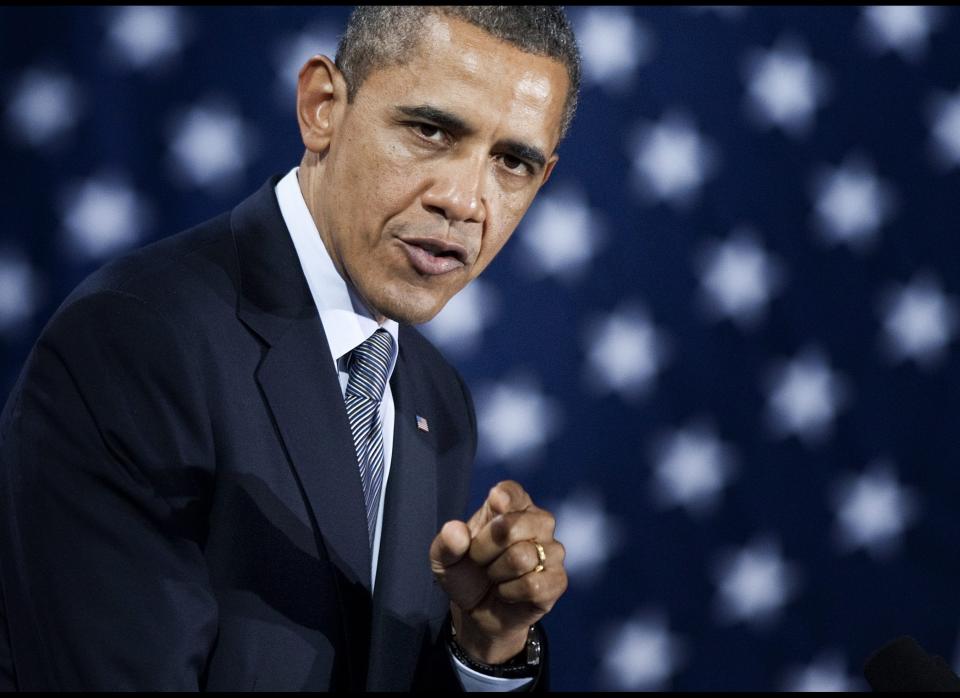
Love HuffPost? Become a founding member of HuffPost Plus today.
This article originally appeared on HuffPost.
